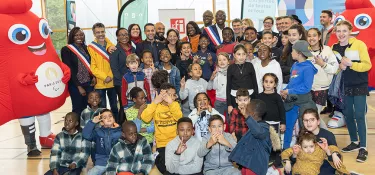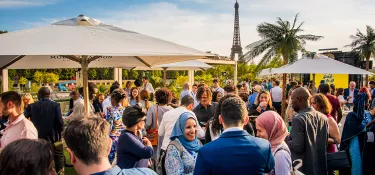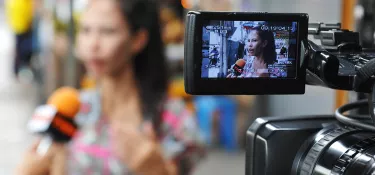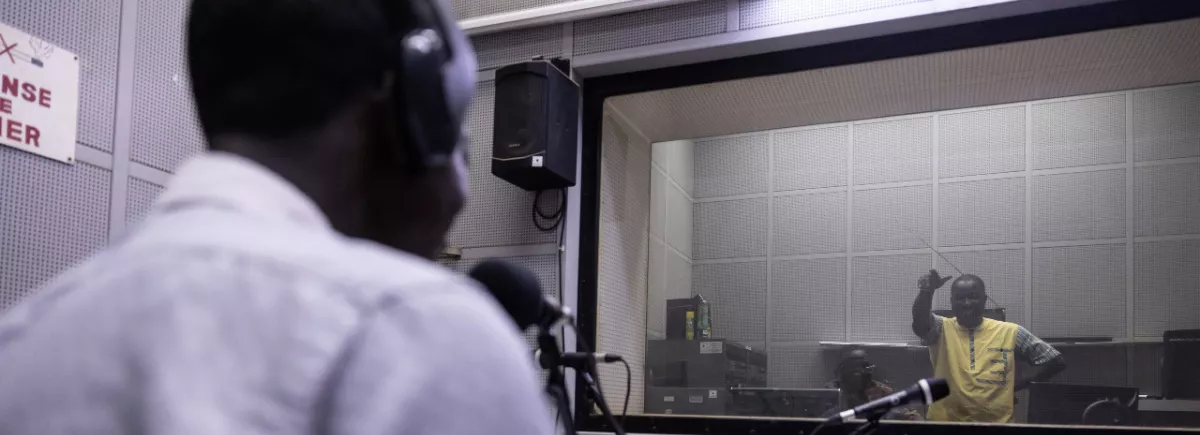
MediaSahel takes a look into the day-to-day workings of its partner media outlets
Related project
MediaSahelBetween October and December 2021, the pool of MediaSahel trainers carried out coaching sessions at the various media outlets that are beneficiaries of the project. Partner radio stations and online media outlets were visited by members of the teaching team for an on-site review of their achievements following the training sessions.
This on-site review in the editorial offices was an invaluable addition to the central training sessions held specifically for partner radio stations and web media outlets, which have already taken place, and remote follow-up. It enabled us to follow up with the people who received the project training, both in the field and in their own environment, and to review the extent to which they had applied what they learned from the sessions and the action plans. It was also an opportunity to organise one-off support sessions to strengthen skills and make suggestions and recommendations.
My aim during the coaching sessions was to see how the interns were implementing the commitments made during the training sessions, assess what they had learned from the training, understand their difficulties and suggest potential solutions, where necessary. I went to Joliba FM and IK FM. At Joliba radio in particular, the outcome was very positive, with an almost 80% satisfaction rate achieved in terms of implementing the learning outcomes. There are still a few gaps, which is normal as it is a paradigm shift, especially on gender issues.
But in terms of the basics and interactivity, they have worked hard and you can see this, in particular with the listeners, their presence on social media, and interaction with Internet users. On the whole, the result was really positive, confirms Célia D’Almeida, a trainer from Mali.
A look at the day-to-day workings of the radio stations
The on-site reviews followed observation phases, interviews with the interns who received the training and with their managers and other members of the team, active listening and critique of the content produced, and one-off support sessions.
The on-site coaching sessions were well received, seen as a booster injection for the interns and a way of identifying internal difficulties at the radio stations for the teaching team, enabling them to suggest solutions.
“I can see that I’d been a little lax with running my programme. So, thanks for the follow-up. Now I will stay on course!”
Solange from Savane Fm in Burkina Faso
Support in the form of a financial contribution will be offered following these on-site reviews. Reserved for radio stations that have successfully implemented the recommendations from the training sessions and produced quality programmes, it will encourage them to produce more content dedicated to youth issues and content that is conflict- and gender-sensitive.
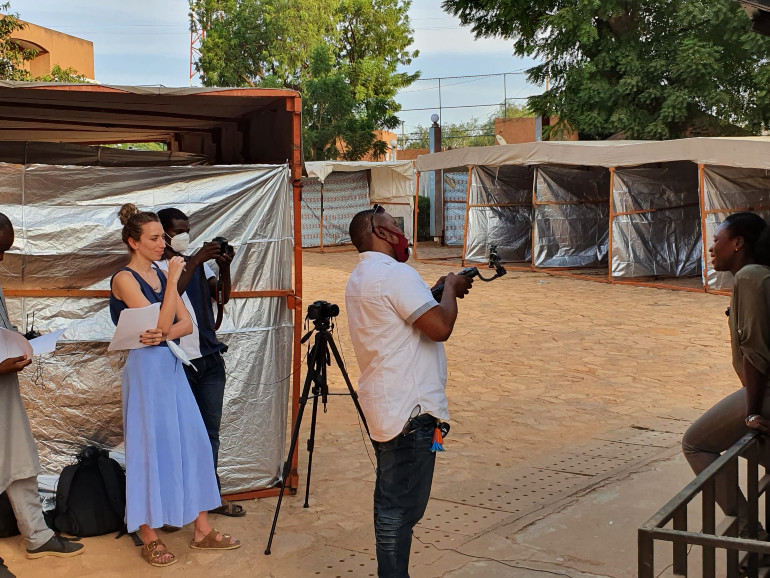
The web media outlets benefiting from the support to help them create innovative content for and with young people also hosted their trainer. Ségolène Malterre from France 24 and Inoussa Maïga from Agribusiness TV went to Mali, Niger and Burkina Faso to meet the teams and participate with them in a shoot.
In a week of coaching, a story was shot and a critical viewing held to collect recommendations. Technical and organisational support was also provided.
“I’m pleased with the work that has been done. This has really enabled us to reflect, see what works and what doesn’t and understand the action we need to take to fix the shot. If I was going to take just one thing from this coaching session, it would be the advice on how to work better as a team.”
Fatouma H de Angata (Mali)
